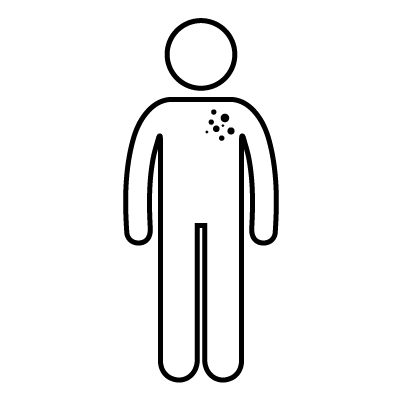Combination of Ipatasertib and Atezolizumab To Prevent Recurrence In Triple-negative Breast Cancer
The team’s goal is to prevent recurrence of triple-negative breast cancer (TNBC), which is a disease in which the cancerous cells have tested negative for three receptors: hormone epidermal growth factor receptor 2 (HER-2), estrogen receptor (ER), and progesterone receptor (PR). The lack of receptors in the cancer cells means that the hormone therapy and certain drugs that target the receptors are ineffective in treating the disease.
TNBC is very aggressive and prone to spread from the breast after initial treatment with chemotherapy, surgery, and, when indicated, radiation, leading to metastatic disease for which no cure has been developed. The team plans to use blood analysis (“liquid biopsy”) to detect micrometastatic disease before it can take hold in distant organs and treat it with a combination of drugs.
The team will test a combination of ipatasertib, an investigational drug that blocks a component of the PI3K/AKT cellular signaling pathway, preventing proliferation of the cancerous cells, and atezolizumab (Tecentriq) from Roche, Genentech’s parent company, which is a monoclonal antibody that can “release the brakes” on the body’s immune system and restore T-cell activity that can destroy cancer cells.
Team Leader:
Elizabeth A. Mittendorf, MD, PhD, Dana-Farber Cancer Institute
Team Members:
Carpenter, Erica, PhD, MBA, University of Pennsylvania
DeMichele, Angela, MD, University of Pennsylvania
Keenan, Tanya, MD, Dana-Farber Institute
Mayer, Ingrid, MD, Vanderbilt University Medical Center
McArthur, Heather, MD, PhD, Cedars-Sinai Medical Center
Nanda, Rita, MD, University of Chicago
Park, Beh Ho, MD, PhD, Vanderbilt University Medical Center
Rugo, Hope, MD, University of California, San Francisco
Tolaney, Sara, MD, PhD, Dana-Farber Cancer Institute
Patient Advocates: Elizabeth Frank, Caroline Abi-Khattar








